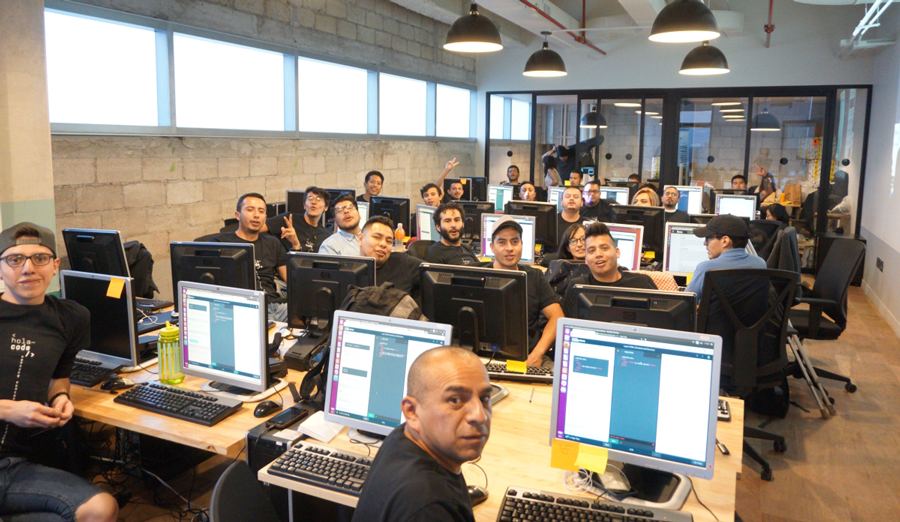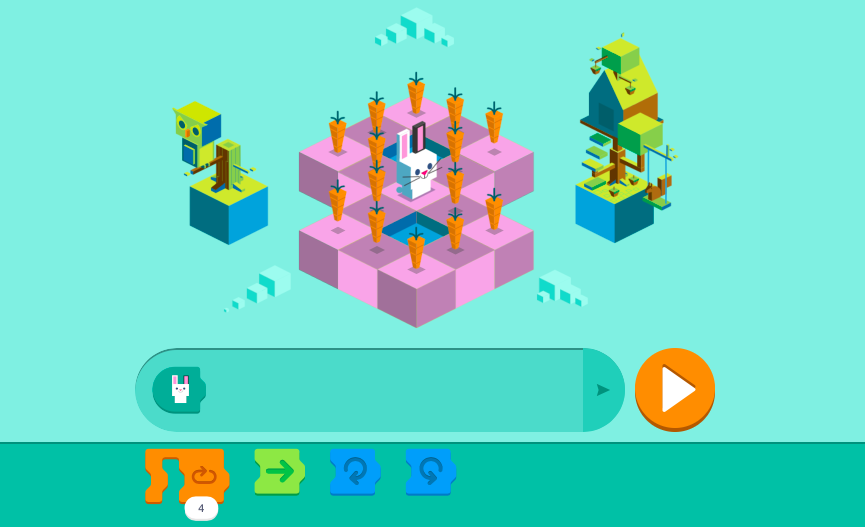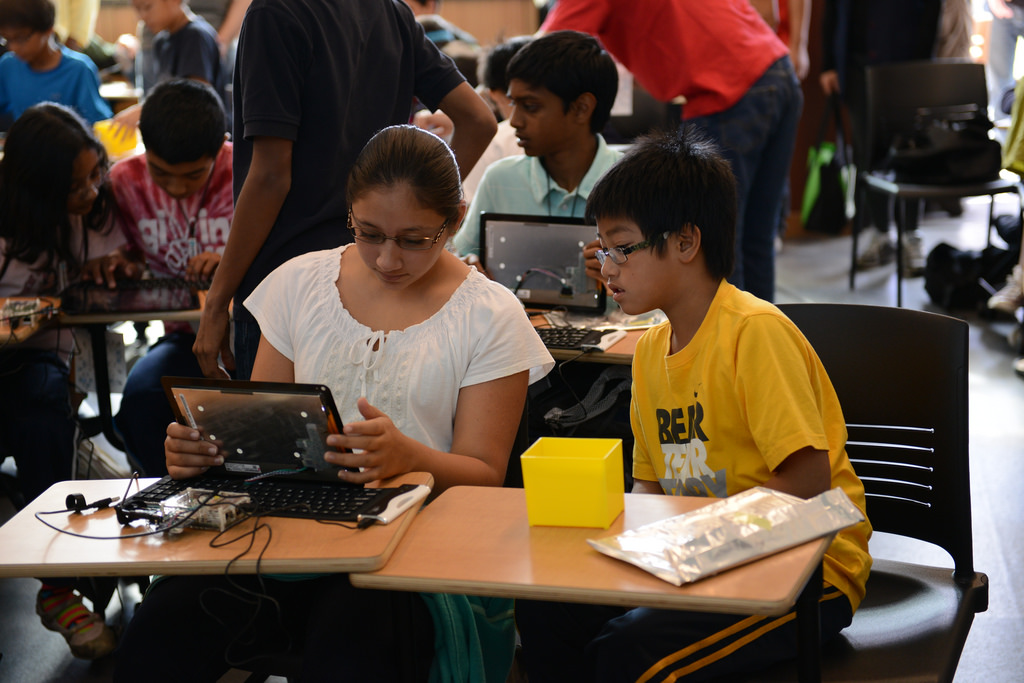Programming helps develop value skills like literacy, persistence and problem-solving.
Image: Bigstock.
Technology is integrated into our daily lives. We use it regularly for all kinds of tasks, from the smartphone from which we check our mail, to the smartwatch that records our progress at the gym. It is also present when we launch shuttles to space or to help us navigate the streets of our neighborhood.
All industries use software, even if not all of us are planning to study an engineer bachelor’s degree, is crucial that we understand a little bit of how the tools we use everyday work.
The debate for the inclusion of coding in school curriculum goes on. One point in favor is the benefits that can bring even for children that just begun studying. Learning the basics of programming encourages logical thought and helps develop problem-solving skills.
data-animation-override>
“Coding is emotionless. The foundation of coding is right and wrong. There is no room for beliefs.”
Persistence and coolheadedness: The Human Component
“Coding is emotionless. The foundation of coding is right and wrong. There is no room for beliefs,” Cody Swan, CEO of software development company Gunner Technology, comments on how coding is the perfect exercise to teach persistence and accuracy.
When programmers are trying to make a code to work, it doesn’t matter how smart they are, what counts is their tolerance to frustration, attention to detail, and capacity for analysis. They must find the solution to the problem every time the code doesn’t work. In Swann’s words, this will happen, and it will happen a lot, it’s just part of the job. Coding helps the student develop the discipline to go beyond the call and don’t give up until the program works correctly.
Logic and consequence: Building ideas
Coding is one of the most accurate languages that we have. When we program an app, for example, we’re only translating instructions to a machine to get it to do what we want.
data-animation-override>
“Coding and literacy development complement each other because they are both based off of a structure of communication that shares ideas and provides an experience”
According to educator and EdTech thought leader Michael Cohen, there’s a challenge in learning basic literacy because written communication and composition’s most elemental components are complex and abstract. This is why there’s value in teaching children the first concepts of programming since an early age. He also supports that, other than the complexity of the tasks you can do, there’s no significant difference between kids and adults when it comes to learning to code. Everyone can benefit from the same logical thought and problem-solving skills since day one at school.
Beyond all these specific benefits there’s one thing we can say for sure. Either if we want to code or not, with more and more updates coming up every day, we need to be more aware of how our technology works, since it plays a role in everything we do. That way we can make the best use of it and be safe while we do it.
This article from Observatory of the Institute for the Future of Education may be shared under the terms of the license CC BY-NC-SA 4.0 
)
)











)
Sofía García-Bullé
Edu News
Sofía García-Bullé
Edu News
Sofía García-Bullé
Edu News